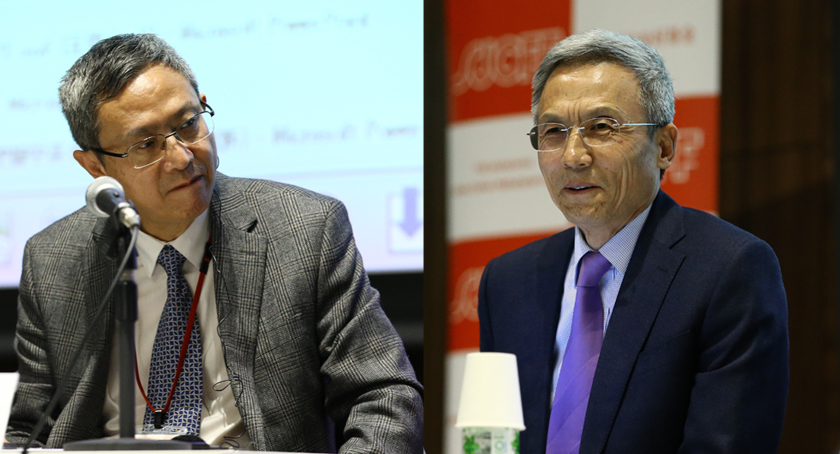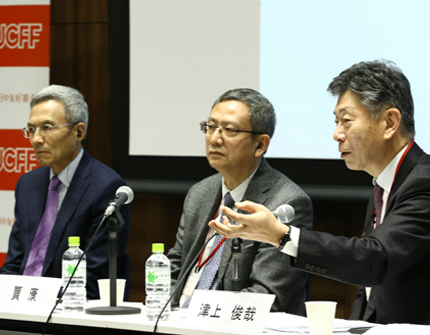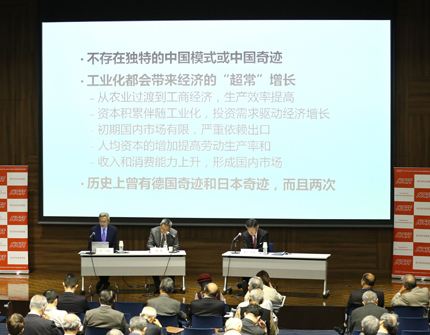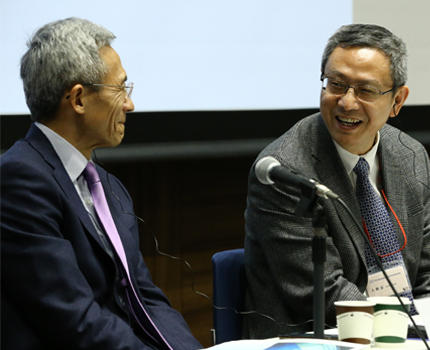SPF President Sunami visits Libya to discuss cooperation with the Libyan Peace Institute Following the MOU signed earlier this year
On December 23, 2025, Atsushi Sunami, President of the Sasakawa Peace Foundation (SPF), and his delegation visited Tripoli, the capital of Libya, where they were welcomed by H.E. Mr. Abdullah Allafi, Vice President of the Libyan Presidential Council; Abdullah Hameed, President of the Libyan Peace Institute; and a member of the House of Representatives (HOR). During the visit, they exchanged views on Libya’s security situation and the general elections to be held for the first time since the ceasefire agreement.



